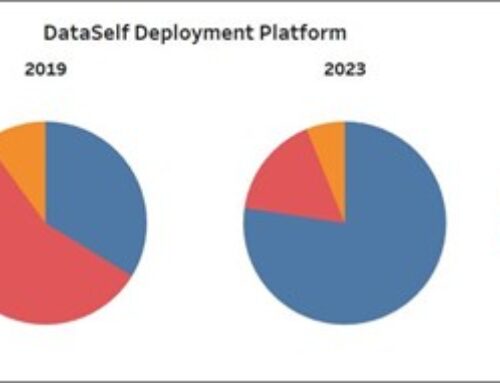W. Edwards Deming, who was perhaps one of the most influential management thinkers of all time, made several observations during his lifetime. One of his notable ones is, “Without data, you are just another person with an opinion.” This speaks very well to the importance of having clear, accurate data as part of the decision-making process.
Unfortunately, at many organizations, free access to data is difficult to obtain. Data silos focus on specific business areas or functions and issues arise when other teams or departments could benefit from that data but are blocked from accessing it.
Pressed for time? Discover how easy it is to consolidate and automate financial reporting by watching our short YouTube video.
The problem may also arise when software is developed or purchased that won’t cross-reference or add other departments in the company so that all data is updated concurrently. Workers and management in other departments could be left trying to update their data manually, which is a process that is time-consuming and has a high probability of human error or may have data that is out of date.
Today’s organizations move far too quickly for staff to take time out to contact another department to get confirmation that their data is correct. There has to be an alternative to some people in the organization holding onto data that others need access to and then controlling when access will be provided. This strategy will lead to lower productivity and possibly some morale issues over time.
Holistic Business Model: Data Sharing, Team Approach
Now, when we’re talking about holistic in this context, we don’t mean it in the sense of alternative medicine, meditation, doing yoga, and eating granola. (If you enjoy meditation, yoga, etc., carry on.) We mean a holistic business model in the sense that all departments work together and communicate with each other as part of the organization.
While the data silos take data and store it in high towers that only a select few have access to, a holistic approach is more like a stream or a river, where the data flows freely. Departments share their data, which makes it easier for managers to monitor trends in sales, plan staffing for slow and peak times, investigate any sudden spikes in returns of certain products, and more.
Improved planning ultimately leads to better efficiency and increased customer satisfaction. Implementing data sharing should have a positive effect on server costs, since data currently being stored independently by separate departments will now be stored once.
Eliminate manual data consolidation for complete data automation with DataSelf by watching our YouTube video or contact us at 888-910-9802 to learn more.




